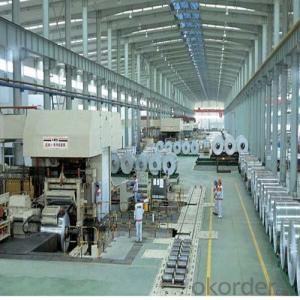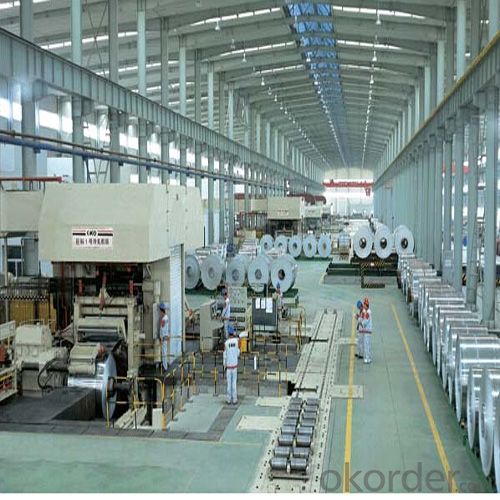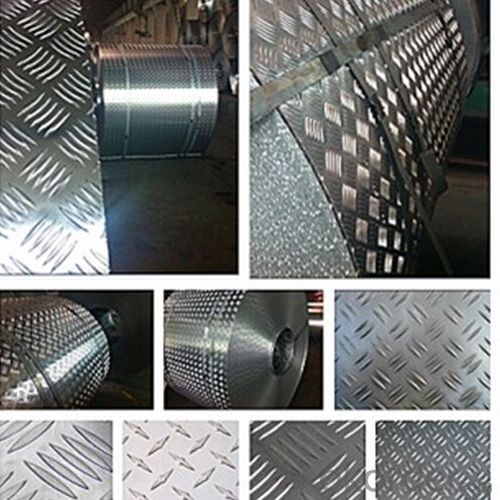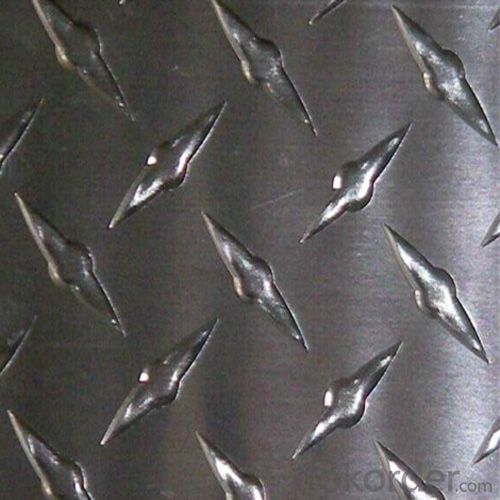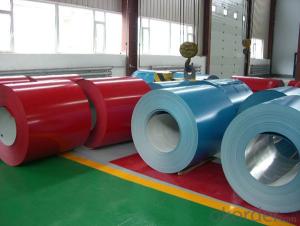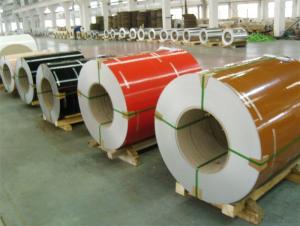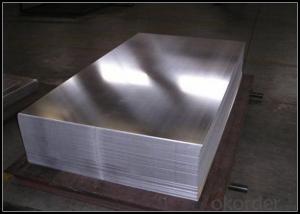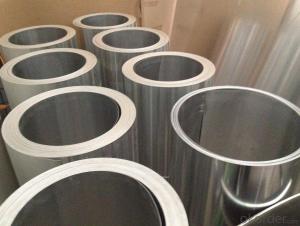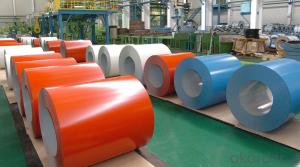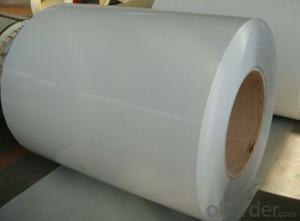Palatiuzed Aluminum Coils Precut Checker Aluminum Plain Plate for Door
- Loading Port:
- Shanghai
- Payment Terms:
- TT OR LC
- Min Order Qty:
- 5 m.t.
- Supply Capability:
- 10000 m.t./month
OKorder Service Pledge
OKorder Financial Service
You Might Also Like
Specification
1.Structure of Precutted Checker Aluminium Plain Plate for Door Description:
We can produce aluminum sheet,color aluminum sheet and plastic composite panel base material. They are widely used in construction and decoration, hardware and electric appliances manufacture, automobile manufacture and other industrial and civil purposes, such as electronic capacitor, rice cooker, refrigerator, computer casting, lamp shade, air-conditioner, cosmetics cover and box, air-conditioner radiator, inner container of disinfecting cabinet, ceiling board, automobile motherboard, cover board and top board, etc.
2.Main Features of Precutted Checker Aluminium Plain Plate for Door :
Skid-Proof Aluminum Checker Plate 1050 1060 3003 5052:
Material: Aluminum alloy 1050, 1060, 1100, 3003 and 3105
Thickness: 1.0 to 10mm
Width: 1, 000 to 1, 600mm
Length: 1, 000 to 6, 000mm
3. Precutted Checker Aluminium Plain Plate for Door Images:
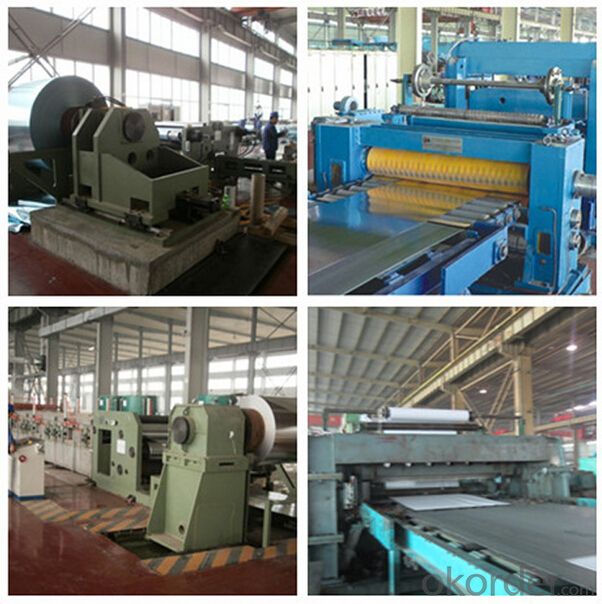
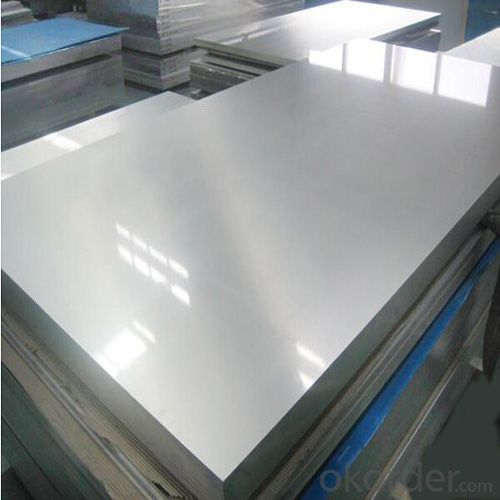
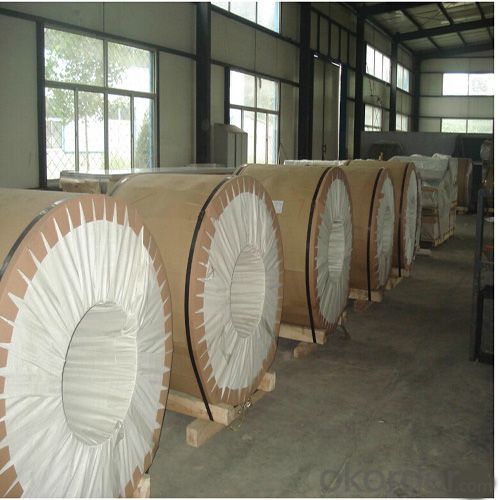
4. Precutted Checker Aluminium Plain Plate for Door Specification:
| Alloy No. | Thickness (mm) | Width (mm) | Length (mm) | Temper | |
| A1050,A1060, A1070,A1100 | 0.2-100 | 20-2200 | 20-8000 | O,H12,H22,H14,H16,H18, H24,H26,etc | |
| 3A21,A3003,A3105,A3004 | 0.2-100 | 20-2200 | 20-8000 | O,H14,H18,H24,etc | |
| A5052 ,A5005,A5083,A5754 | 0.2-100 | 20-2200 | 20-8000 | O,H18,H24,H32,H34,H111,H112 ,etc | |
| A6061,A6082,A6063 | 0.2-200 | 20-2200 | 20-8000 | T4,T6, T651,etc | |
| A8011 | 0.2-100 | 20-2200 | 20-8000 | O,H12,H22,H14,H16,H18,H24,H26, etc | |
5.FAQ
Q1.How long have you been in this product?
A1:More than 10 years.
Q2. What's the minium quantity(MOQ)?
A2. 5 Metric tons
Q3. How long is shipping time?
A3. 7 (ready-made products)-25 days(OEM)
Q4. How do you guarantee the quality?
A4. 1. Cooperating and Exchaning experience with sevral quoted aluminum companies
2. Japanese and Swiss production line and skilled works (regular training and testing)
3. more than 10 years production experience.
Q5. Do you have after sale service?
A5. Yes. Any quality problem occurs within one year, pls take photoes,we will be responsible.
- Q: Why is the aluminum roll upset?
- Mainly in the aluminum slitting process, for various reasons, does not meet the standards and specifications of products, can be used to roll the machine from the new trimming and slitting, winding up to meet customer needs of product specifications
- Q: Pretty please can someone show me the steps on how to do this one?Calculate the mass in grams of iodine (I2) that will react completely with 43.7 g of aluminum (Al) to form aluminum iodide
- Aluminum Iodide is AlI3 - one aluminum atom bonded to three Iodine atoms. Look up the atomic weight of Aluminum. Look up the atomic weight of Iodine. Al / 43.7g =3 X Iodine / mass Mass of Iodine required = 43.7 X Atomic weight of Iodine X 3 / Atomic weight of Aluminum
- Q: Are aluminum coils suitable for electrical transformers?
- Yes, aluminum coils are suitable for electrical transformers. They have several advantages, including lower cost, lighter weight, and better thermal conductivity compared to copper coils. Additionally, aluminum coils have been widely used in power transformers, demonstrating their suitability for this application.
- Q: Are aluminum coils suitable for coil winding applications?
- Yes, aluminum coils are suitable for coil winding applications. Aluminum has excellent electrical conductivity, high thermal conductivity, and good corrosion resistance, making it a suitable material for various coil winding applications, including transformers, motors, generators, and inductors. Additionally, aluminum coils are lightweight, which can provide advantages in terms of transportation and handling.
- Q: Can aluminum coils be used in high-pressure or high-temperature environments?
- Aluminum coils are not typically recommended for use in high-pressure or high-temperature environments. While aluminum is known for its high thermal conductivity and corrosion resistance, it has certain limitations when exposed to extreme conditions. In terms of high-pressure environments, aluminum coils may not possess the necessary strength and durability required to withstand the forces exerted by the pressurized system. Aluminum has a lower tensile strength compared to other metals like steel or titanium, which makes it more prone to deformation or failure under high pressure. Therefore, it is generally advised to use materials with higher strength and pressure ratings in such scenarios. Similarly, aluminum coils have a relatively low melting point compared to metals like steel or copper. The melting point of aluminum is around 660 degrees Celsius (1220 degrees Fahrenheit), which makes it susceptible to damage or failure in high-temperature environments. In applications where the temperature exceeds the melting point of aluminum, it is recommended to use materials with higher temperature resistance. However, it is worth mentioning that there are specialized alloys and coatings available that can enhance the high-temperature and high-pressure capabilities of aluminum. These modifications can improve its strength, heat resistance, and corrosion resistance, making it suitable for certain applications in extreme conditions. Nonetheless, the specific requirements and limitations of the intended environment should be carefully considered before deciding to use aluminum coils. Consulting with experts and considering alternative materials may be necessary to ensure the safety and efficiency of the system.
- Q: How do aluminum coils contribute to the insulation properties of products?
- Aluminum coils contribute to the insulation properties of products by providing a barrier against heat transfer. The coils are often used as a reflective surface in insulation systems, reflecting thermal radiation and reducing the amount of heat that is conducted through the material. This helps to maintain a more stable and comfortable temperature inside the product, improving its overall insulation effectiveness.
- Q: Are aluminum coils suitable for construction applications?
- Yes, aluminum coils are suitable for construction applications. They are lightweight, durable, and corrosion-resistant, making them an ideal choice for various construction purposes such as roofing, siding, and insulation. Additionally, aluminum coils can be easily formed and shaped, providing flexibility in design and installation.
- Q: This question asks for criteria or methods to determine if an aluminum coil is of high quality.
- <p>To identify a good quality aluminum coil, consider the following factors: purity indicated by the alloy number, surface finish which should be smooth and free from defects, thickness consistency, and mechanical properties such as tensile strength and elongation. Check for certifications or quality standards compliance. Look for uniform color and absence of oil stains or rust. The coil should have precise dimensions and be free from dents or scratches. Additionally, consider the supplier's reputation and customer reviews.</p>
- Q: What is the fatigue strength of aluminum coils?
- Various factors, including the specific alloy used, the manufacturing process, and the application, can cause the fatigue strength of aluminum coils to vary. In comparison to other materials, aluminum alloys generally possess good fatigue strength, making them appropriate for a broad range of applications that necessitate resistance to cyclic loading and fatigue. Due to their lightweight nature and excellent corrosion resistance, aluminum coils find common use in industries such as automotive, aerospace, and electrical. Fatigue testing is typically employed to determine their fatigue strength, involving subjecting the material to repeated cycles of stress until failure occurs. Aluminum alloys in coil form are engineered to endure cyclic loading without experiencing significant damage or failure. The fatigue strength of aluminum coils can be influenced by factors like alloy composition, heat treatment, and surface finish. Generally, higher strength aluminum alloys, such as those belonging to the 7000 series, exhibit greater fatigue strength compared to lower strength alloys like the 1000 or 3000 series. To accurately ascertain the specific fatigue strength of aluminum coils, it is vital to consider the intended application, expected stress levels during operation, and desired service life. Predictions regarding fatigue life can be made using various models and testing methods, such as S-N curves (stress amplitude vs. number of cycles to failure). In summary, aluminum coils generally possess good fatigue strength, rendering them a suitable choice for applications requiring resistance to cyclic loading and fatigue. However, the specific fatigue strength of aluminum coils can vary depending on factors such as alloy composition, heat treatment, and surface finish. To accurately determine the fatigue strength for a specific application, it is advisable to consult technical specifications or conduct fatigue testing.
- Q: How are aluminum coils manufactured to specific dimensions?
- Aluminum coils are manufactured to specific dimensions through a series of processes that involve precision engineering and cutting-edge technology. The process starts with the selection of high-quality aluminum ingots, which are then melted and cast into long, flat strips. Once the aluminum is in the form of flat strips, it undergoes a series of rolling operations. The strips are passed through a rolling mill, where they are progressively reduced in thickness and elongated in length. This rolling process helps in achieving the desired dimensions and thickness for the coils. After the initial rolling, the strips are subjected to a process called annealing. Annealing involves heating the aluminum to a specific temperature and then cooling it slowly. This process helps in improving the ductility and reducing the internal stresses in the metal, making it easier to work with in subsequent manufacturing steps. The next step is slitting, where the wide strip is cut into narrower strips of the desired width. This is done using high-precision slitting machines that ensure accurate and consistent dimensions for each coil. The slitting process also involves edge trimming to remove any irregularities and ensure straight edges. Once the narrower strips are obtained, they are coiled using specialized machines. These machines carefully wind the strips into coils of the desired size and shape. The coiling process ensures that the aluminum is tightly wound and securely held in place. To further enhance the dimensional accuracy, the coils may undergo a final leveling process. This involves passing the coils through a leveling machine that applies pressure to flatten any irregularities or distortions in the metal, ensuring a uniform and consistent thickness. Overall, the manufacturing of aluminum coils to specific dimensions requires a combination of precision rolling, slitting, coiling, and leveling processes. These processes, along with advanced machinery and quality control measures, ensure that the final product meets the exact specifications required by the customer.
Send your message to us
Palatiuzed Aluminum Coils Precut Checker Aluminum Plain Plate for Door
- Loading Port:
- Shanghai
- Payment Terms:
- TT OR LC
- Min Order Qty:
- 5 m.t.
- Supply Capability:
- 10000 m.t./month
OKorder Service Pledge
OKorder Financial Service
Similar products
Hot products
Hot Searches
Related keywords
